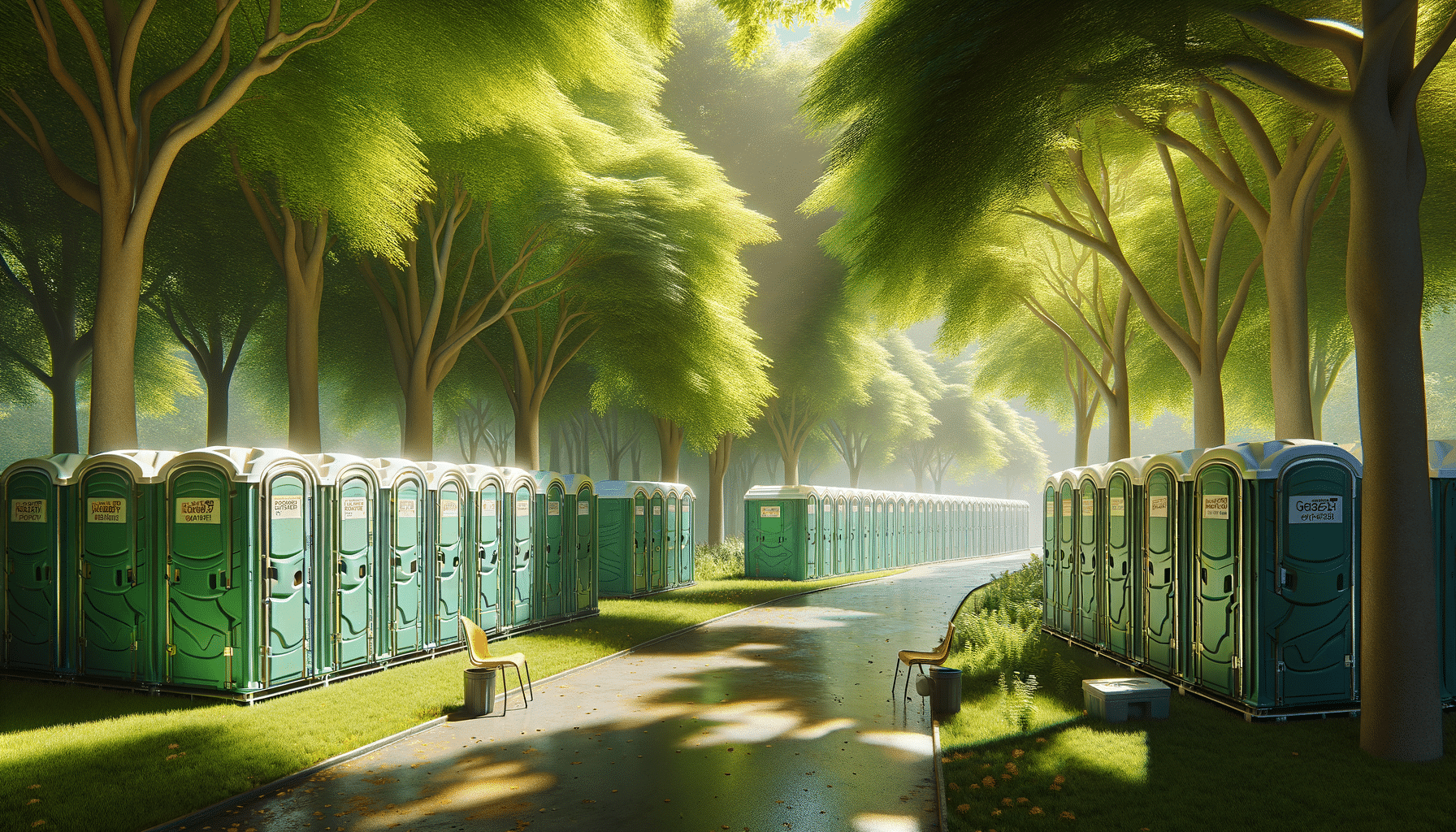
Top 10 Startups Redefining the Concept of Transportation
Transportation is undergoing a transformative shift, driven by innovative startups that are challenging traditional modes and redefining mobility for the future.
Introduction to the Future of Transportation
As urban landscapes evolve, so too does the need for efficient, innovative transportation solutions. Startups are at the forefront, crafting new pathways that blend technology with sustainability. Here, we explore ten startups that are reshaping how we move.
1. Hyperloop Technologies
Hyperloop is not just a futuristic concept anymore. This startup is bringing high-speed, tube-based travel to reality, promising ultra-fast, energy-efficient commutes. According to a report by McKinsey & Company, the potential for hyperloop systems could redefine long-distance travel, cutting down time and carbon footprints significantly.
2. Autonomous Electric Vehicles
With the rise of autonomous vehicles, this startup is pioneering self-driving electric cars designed for urban environments. The move towards autonomy is supported by a Deloitte study that projects a substantial reduction in traffic congestion and accidents.
3. Urban Air Mobility
Imagine flying taxis easing the burden of road traffic. This startup is developing urban air mobility solutions, aiming to make airborne public transport a reality. A PwC study highlights the potential market for urban air mobility, predicting significant growth in the coming decade.
4. Micro-Mobility Innovations
Micro-mobility devices, such as e-scooters and e-bikes, are revolutionizing short-distance travel. One startup is leading the charge by integrating smart technology into these devices, enhancing user experience and safety.
5. Mobility-as-a-Service (MaaS)
This startup is transforming how we access transportation by integrating various transport modes into a single accessible service. According to Statista, MaaS can significantly reduce the need for private car ownership, promoting shared mobility solutions.
6. Sustainable Shipping Solutions
Focused on reducing the carbon footprint of logistics, this startup is innovating with solar-powered shipping vessels. The International Maritime Organization reports that this could cut maritime emissions by up to 50% by 2050.
7. Smart Public Transit Systems
Leveraging AI and IoT, this startup is enhancing public transit efficiency and reliability. A Gartner analysis suggests that smart systems can optimize routes and schedules, improving commuter satisfaction.
8. Advanced Bicycle Infrastructure
By designing smart bike lanes and infrastructure, this startup is promoting cycling as a primary mode of urban transport. The World Health Organization emphasizes the health and environmental benefits of such initiatives.
9. Hydrogen Fuel Cell Vehicles
Hydrogen fuel cells offer an eco-friendly alternative to traditional fuels. This startup is developing hydrogen-powered vehicles that promise zero emissions—a step supported by the International Energy Agency’s advocacy for hydrogen as a clean energy solution.
10. Renewable Energy-Powered Trains
This startup is harnessing renewable energy to power trains, aiming to make rail travel a greener option. A report by the IEA supports the shift to renewables in rail transport, reducing environmental impact significantly.
Consider exploring local startups in your area that are working on innovative transportation solutions. Supporting them can lead to more sustainable and efficient travel options in your community.
Frequently Asked Questions
How can startups impact the future of transportation?
Startups bring fresh perspectives and innovative solutions that can address existing transportation challenges, making travel more efficient, sustainable, and accessible.
What role does technology play in redefining transportation?
Technology is crucial, as it enables advancements such as autonomous vehicles, smart transit systems, and improved energy efficiency in transportation modes.
Are these startups operational globally?
Many of these startups aim for global reach, though some may initially target specific regions to refine their technologies and business models.
Conclusion
These startups are setting the stage for a revolutionary shift in how we perceive and engage with transportation. By focusing on sustainability, efficiency, and technology, they are paving the way for a future where mobility meets the demands of modern life. Embrace these changes and consider how they might influence your travel habits and preferences.


